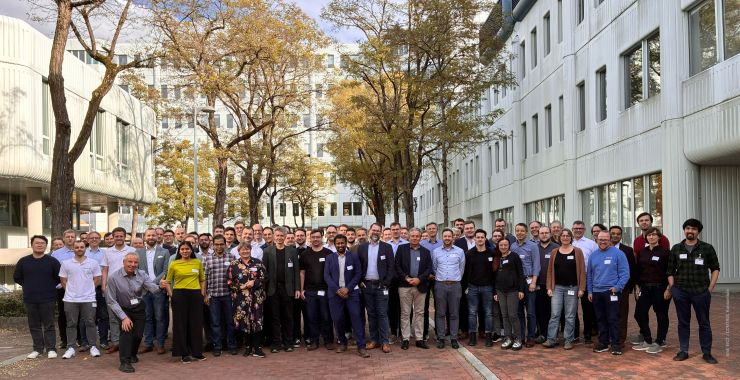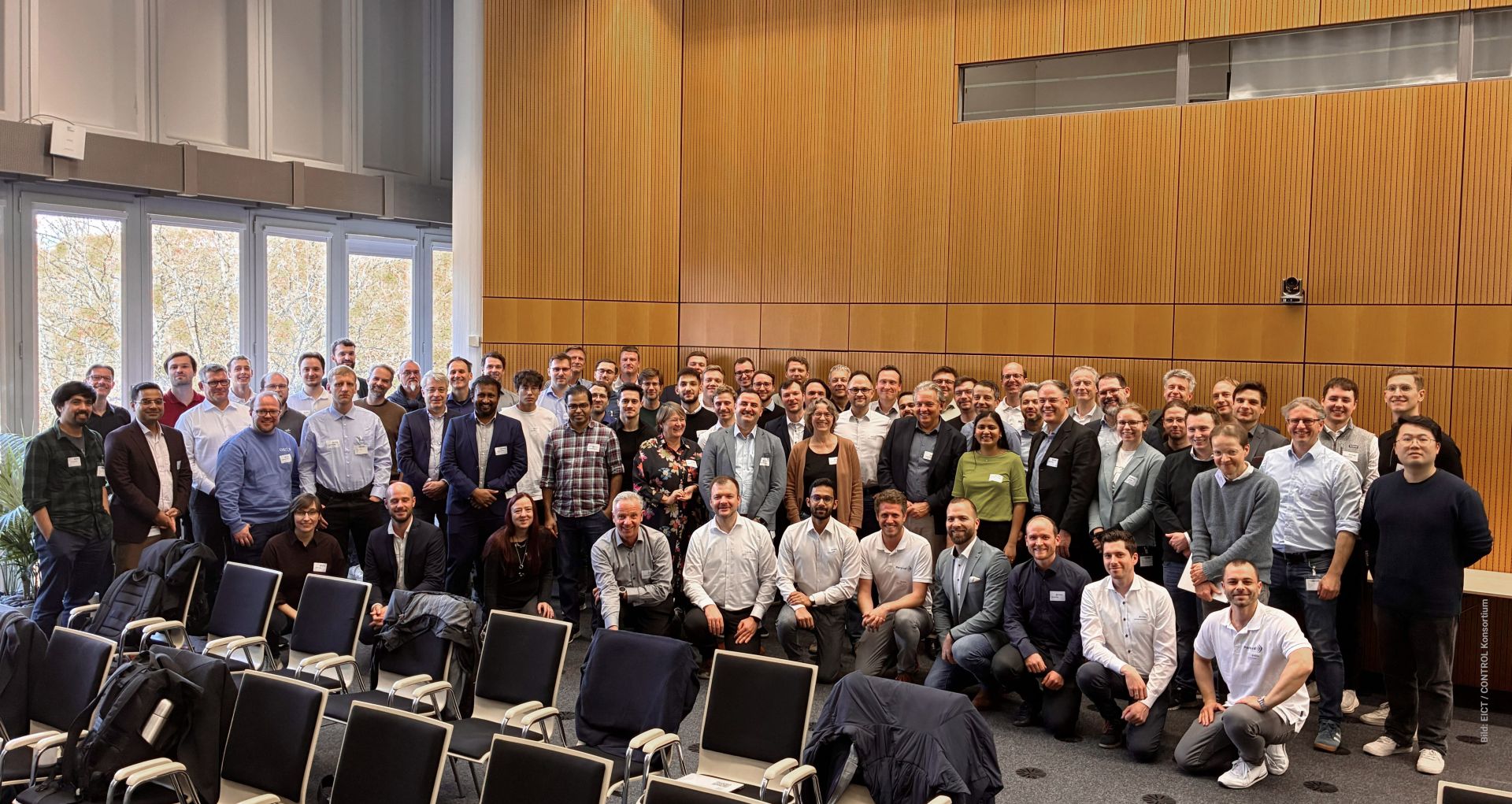Autonomous driving is considered a key technology for the mobility of the future. It promises greater comfort, higher fleet efficiency, fewer emissions, more sustainable resource use, and above all, new mobility solutions – such as autonomous people movers and driverless trains and trucks.
Automated systems currently in use only function under clearly defined environmental conditions. What’s missing is the ability to operate safely in an open, highly dynamic world with changing external factors. CONTROL addresses rare scenarios known as “long-tail events” – including unexpected obstacles on roads and tracks, limited visibility, and varying weather and lighting conditions. These rare events have a major impact and are critical for autonomous driving.
Over the next three years, CONTROL will develop innovative methods to safeguard autonomous vehicles as part of a dynamic road and rail ecosystem. Central to this effort is creating a cross-domain safety argumentation that systematically captures, assesses, and controls operational uncertainties and integrates them into the architecture of autonomous systems. The system can then initiate precautionary measures – such as adjusting speed or controlled evasive maneuvers. This approach is complemented by new quality metrics, adaptive sensor fusion, and simulation-based validation. Practical feasibility will be tested in prototypes provided by project partners during the course of the project.
With its research focus, the project strengthens the competitiveness of German industry in the field of autonomous mobility. It lays an important foundation for new products and standards – from road to rail and beyond, including industrial automation and robotics.
More information at: www.control-projekt.de
 Deep Dive
Static Analysis for Safer C/C++: Avoiding Undefined Behavior and Closing Coverage Gaps
Deep Dive
Static Analysis for Safer C/C++: Avoiding Undefined Behavior and Closing Coverage Gaps
 News
Validas AG becomes Contributing Member of the Eclipse Foundation
News
Validas AG becomes Contributing Member of the Eclipse Foundation
 Deep Dive
The Tool Safety Manual: A Lifesaving Resource
Deep Dive
The Tool Safety Manual: A Lifesaving Resource



